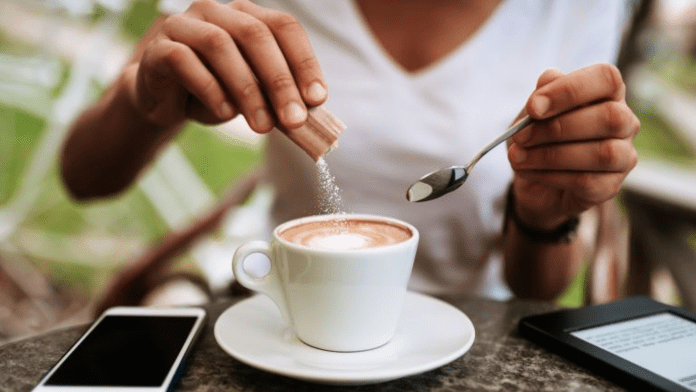The Food Safety and Standards Authority of India (FSSAI) is evaluating the recent guideline issued by the World Health Organization (WHO). The guideline highlights that non-sugar sweeteners such as aspartame and stevia do not aid in weight loss and may increase the risk of type 2 diabetes and cardiovascular diseases.
Read More: WHO’s latest guideline advises against using artificial sweeteners for weight management
“Our scientific panel is examining and evaluating the WHO guideline in detail,” a spokesperson of the national foods regulator said.
Non-sugar sweeteners are commonly used by prominent Indian brands of soft drinks, breakfast cereals, ice creams, and juices as purported “healthy” alternatives to sugar.
Coca-Cola, PepsiCo, Kellogg, and Dabur, which promote products such as Coke Zero, Diet Coke, Pepsi Black, Special K, and Chyawanprakash as “low-calorie options,” have declined to comment on the matter.
According to executives, the implementation of similar guidelines in India could have a substantial impact on the sales of various products, including aerated drinks, ice creams, cookies, chyawanprash, confectionery, and artificial sweeteners like Sugar Free, which are marketed as healthier alternatives for cooking.
No restrictions on use currently:
“If the FSSAI makes any labelling change about mentioning warnings on products containing non-sugar sweeteners, it will definitely impact consumption of diet and no-sugar foods and drinks, as now consumers do read labels and contents regularly,” said RS Sodhi, President of the Indian Dairy Association, Adviser to Reliance Retail and former Managing Director of dairy brand Amul.
Health groups have hailed the decision as long-awaited, emphasizing the importance of educating consumers about the usage of non-sugar sweeteners. They believe this step is crucial, especially as the demand for such food and beverage products has been rising due to growing health consciousness.
Read More: Bournvita refutes social media influencer’s high sugar content claims, deems video ‘unscientific’
Ashim Sanyal, Chief Operating Officer of Consumer Voice, called on FSSAI to adopt the WHO recommendations and impose a “restrictive use only” formulation regulation on such products. “The myth has been busted about the benefits of artificial sweeteners which are extensively used as a body fitness formula,” said the head of the consumer rights group.
To date, the FSSAI has not imposed any limitations on the utilization of sweeteners in India. However, this development coincides with the regulator’s proposal to enforce front-of-pack labeling on packaged foods, indicating the salt, sugar, and fat content.
Read More: Zerodha CEO Nithin Kamath calls for front-of-pack labeling amid Bournvita controversy
In India, the demand for diet and no-sugar beverages and food products has been witnessing double-digit growth, fueled by extensive marketing efforts by companies. Zydus Wellness, the manufacturer of Sugar Free, has previously stated in interviews that their artificial sweetener brand has experienced double-digit growth, particularly during the Covid-19 pandemic, as consumers increasingly reduce their sugar consumption.
The World Health Organization (WHO), referring to the guideline as “conditional,” stated that it is one among several existing and upcoming guidelines related to healthy diets.
“Replacing free sugars with non-sugar sweeteners (NSS) does not help with weight control in the long term,” Francesco Branca, WHO director for nutrition and food safety, said in a detailed note released by the health organisation on May 15. “People need to consider other ways to reduce free sugars intake, such as consuming food with naturally occurring sugars, like fruit, or unsweetened food and beverages.”
According to the statement, non-sugar sweeteners (NSS) are not essential components of the diet and lack nutritional value.
“People should reduce the sweetness of the diet altogether, starting early in life, to improve their health,” Branca said in the note, available on WHO’s website.
The World Health Organization (WHO) stated that their recommendations are grounded in available evidence and encompass a wide range of sweeteners, both synthetic and natural, such as aspartame, saccharin, sucralose, and stevia.





